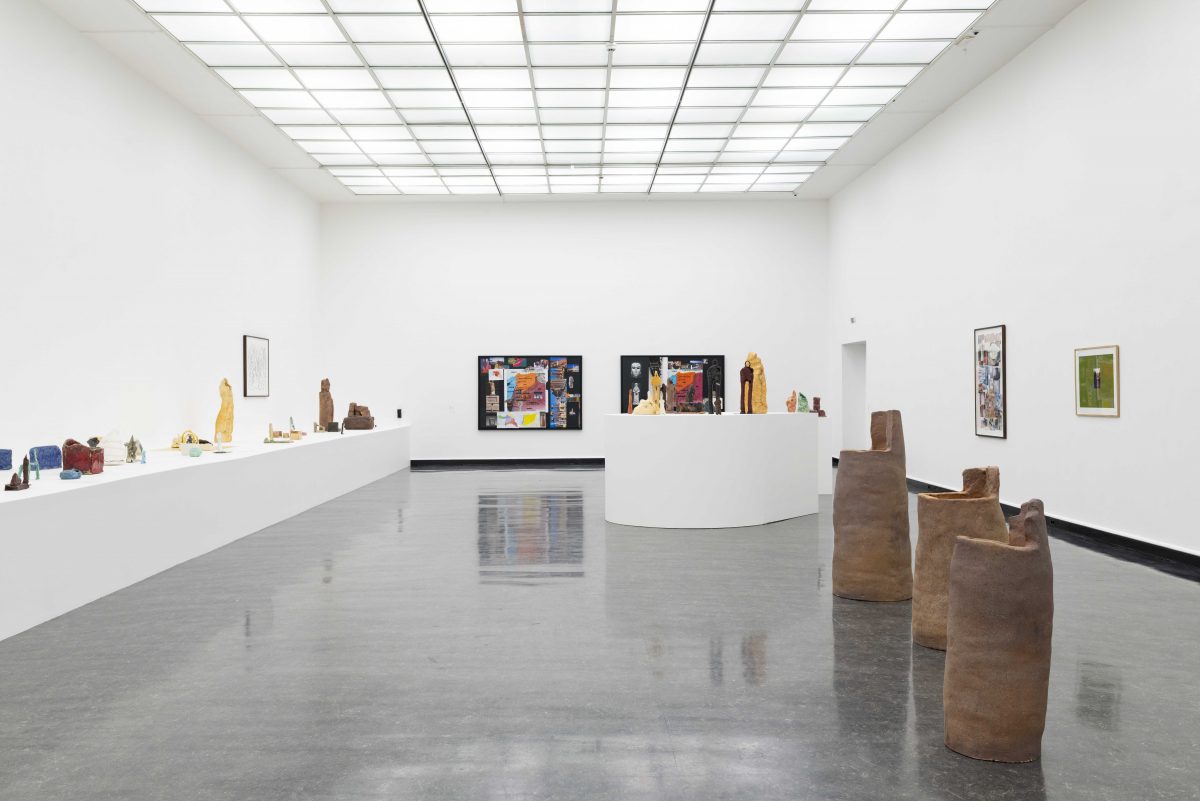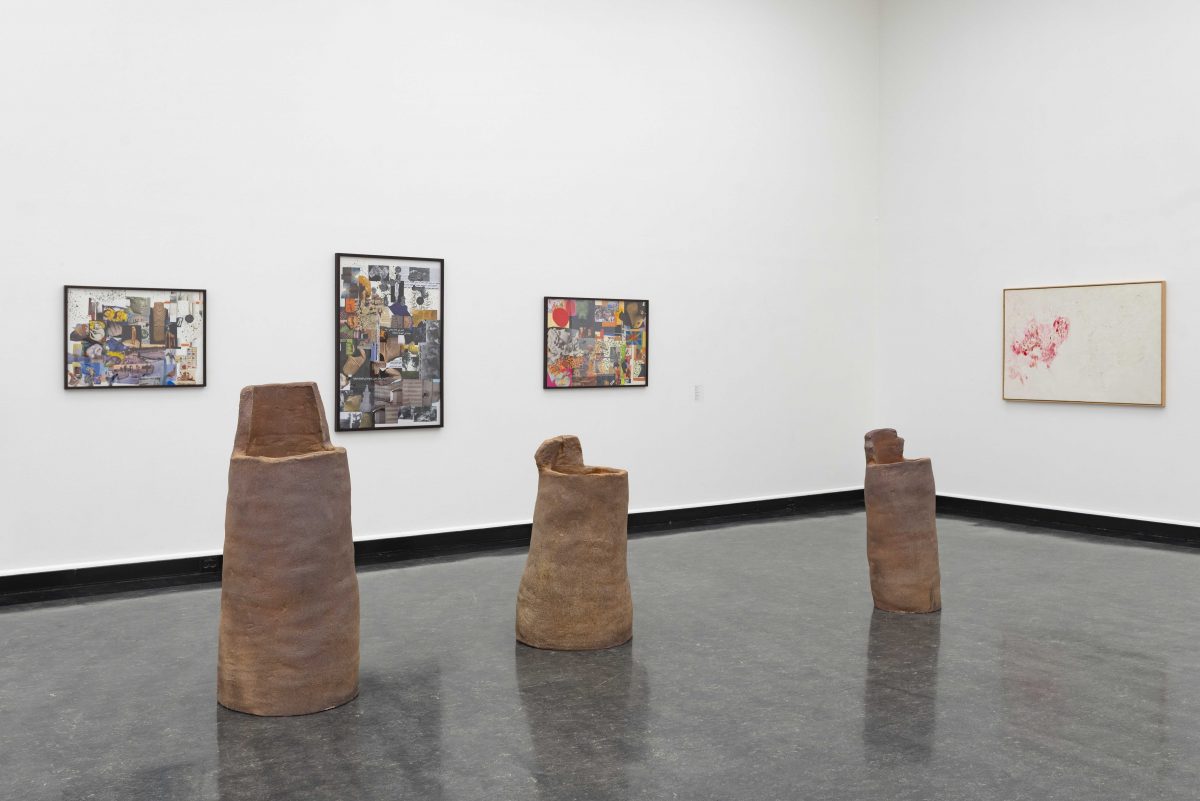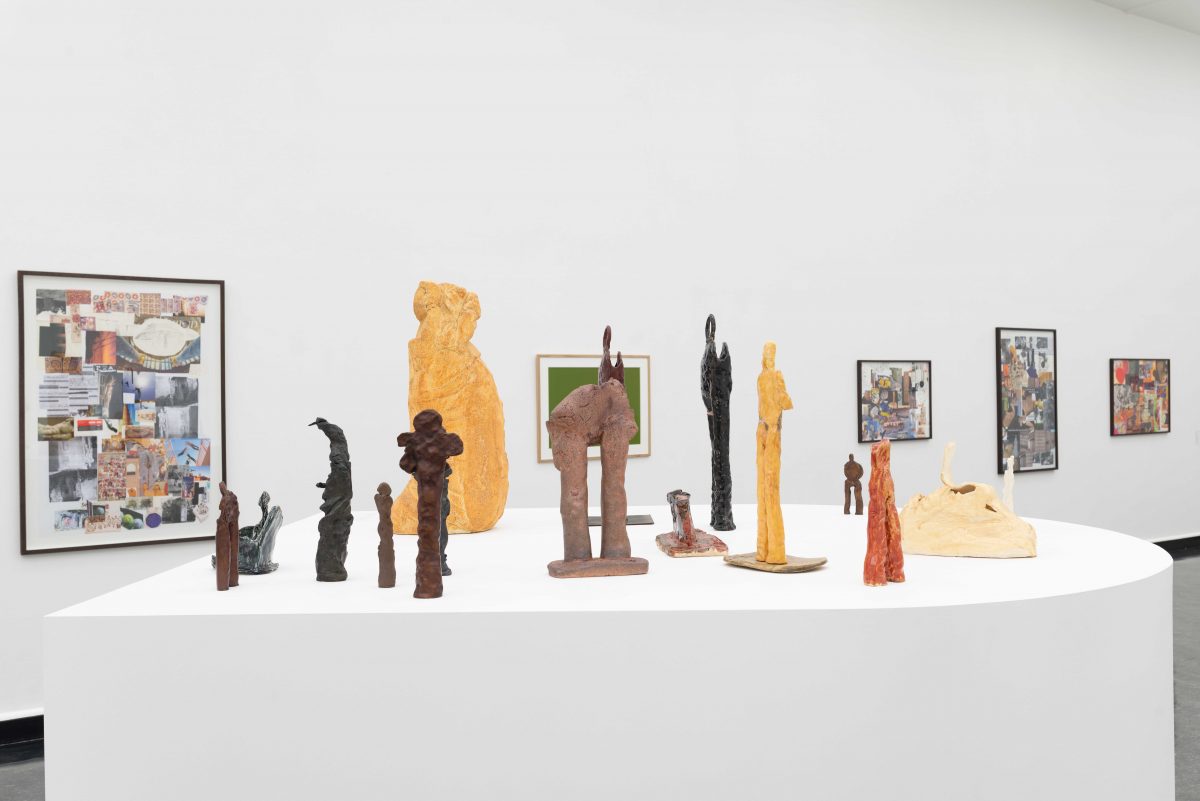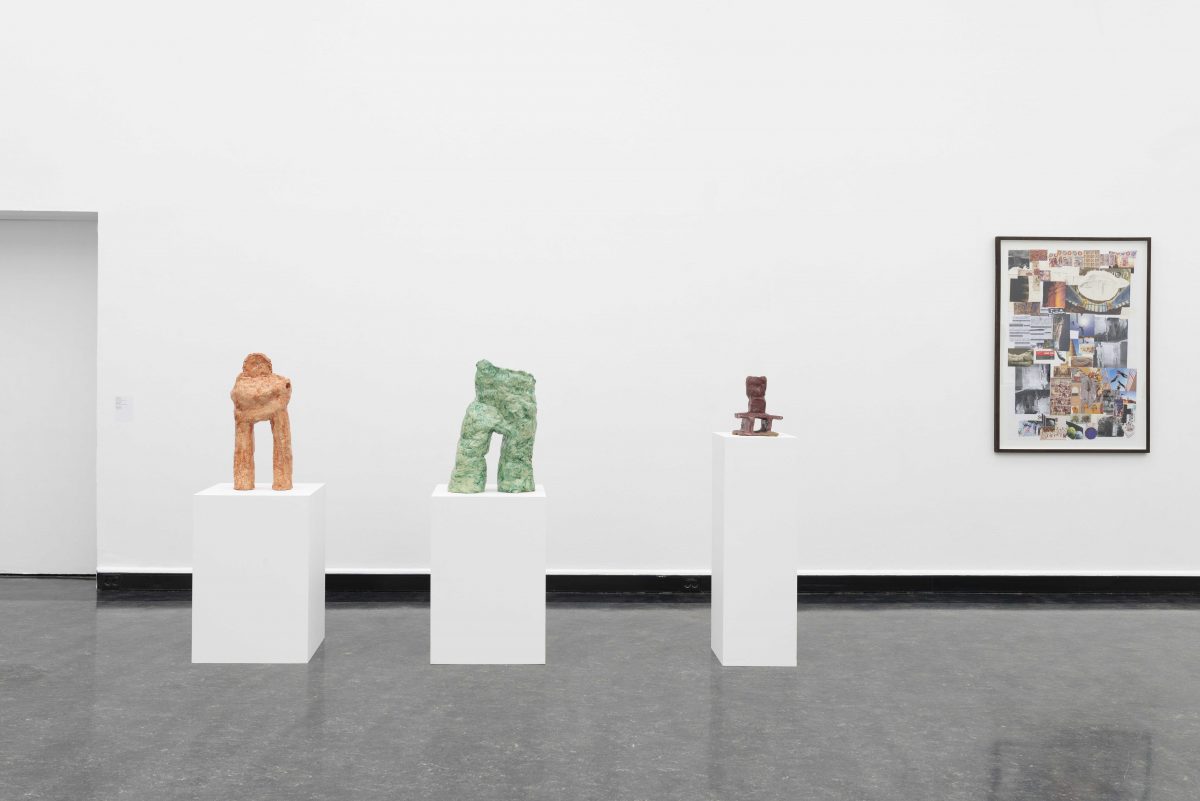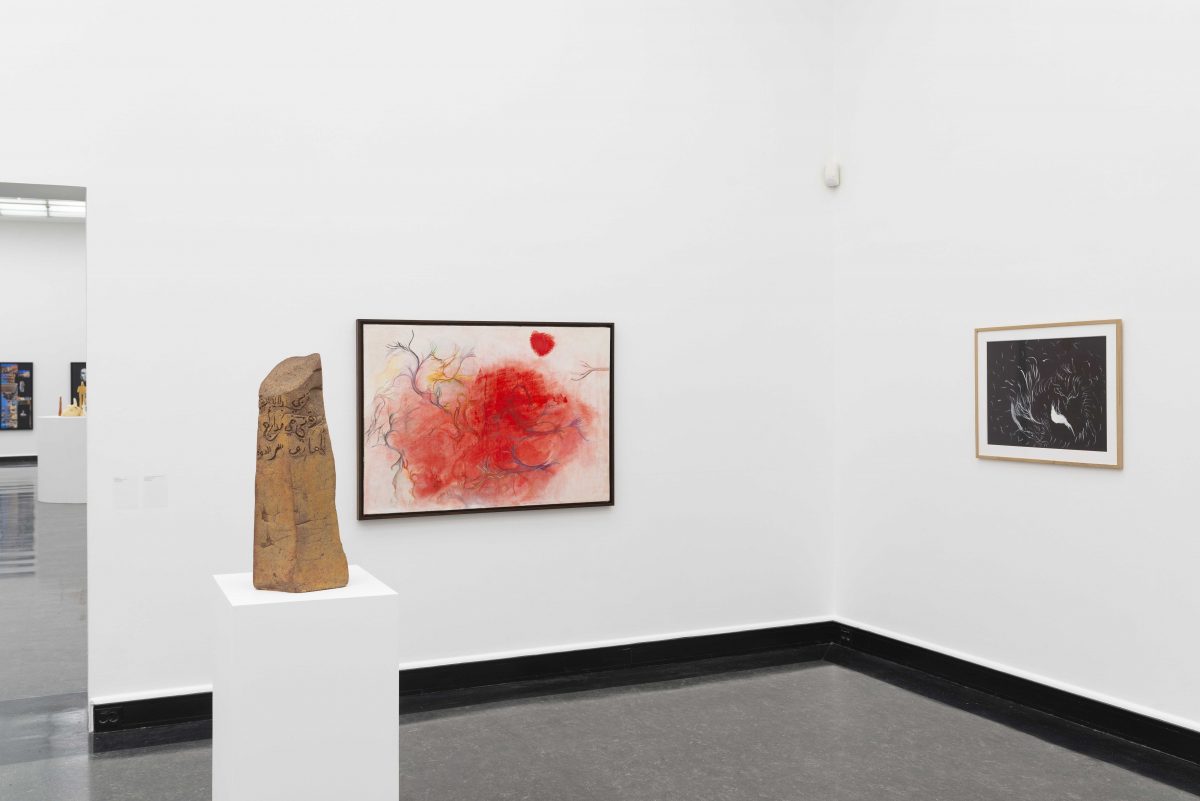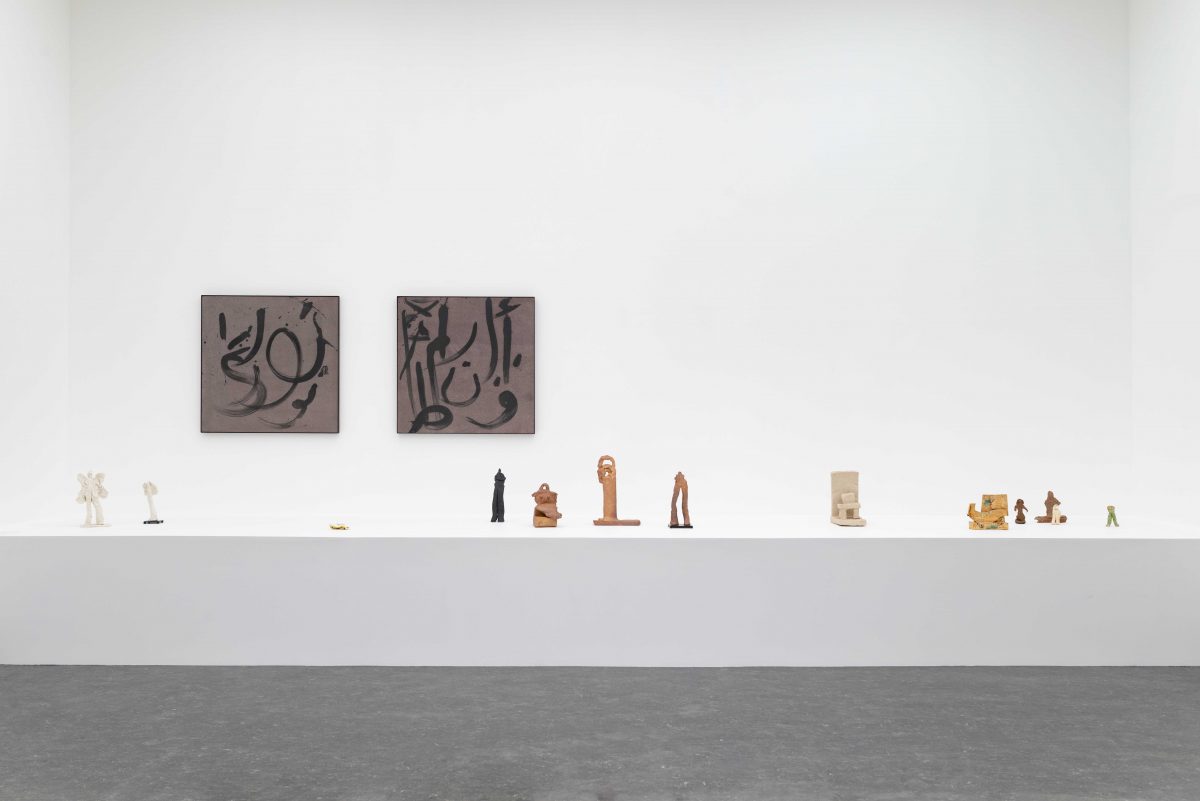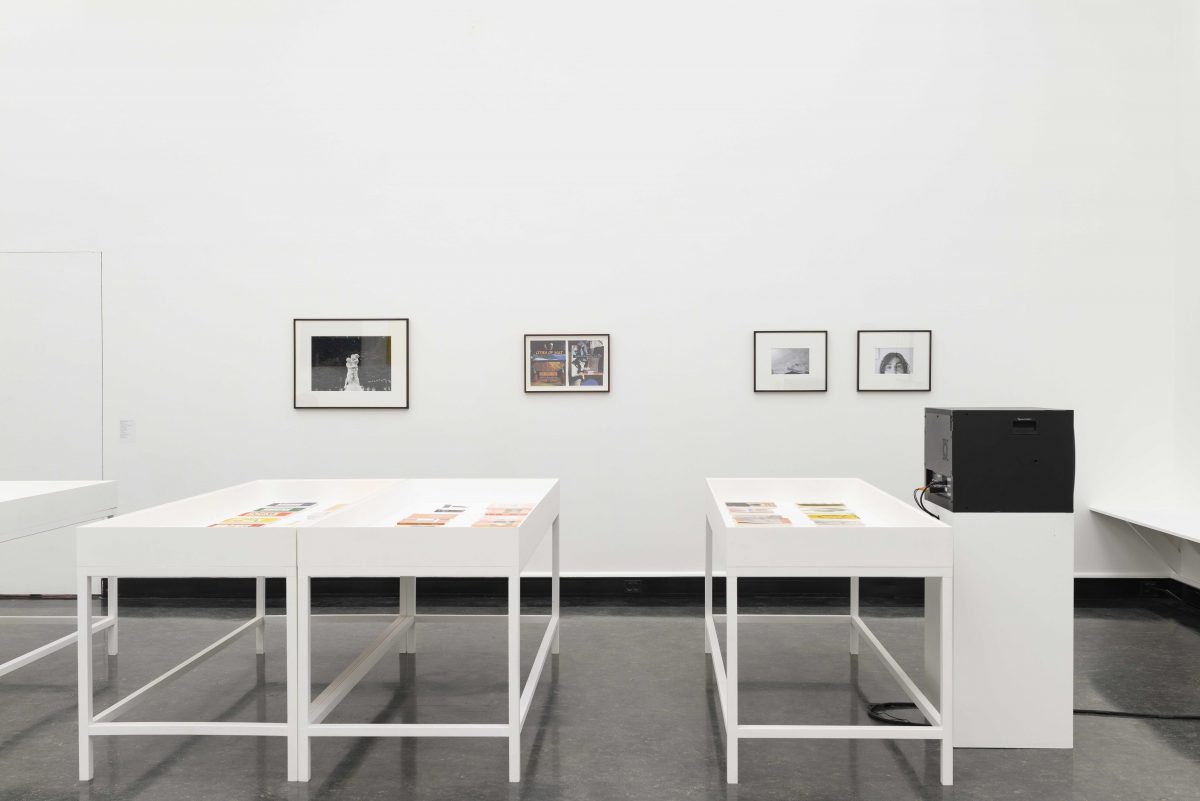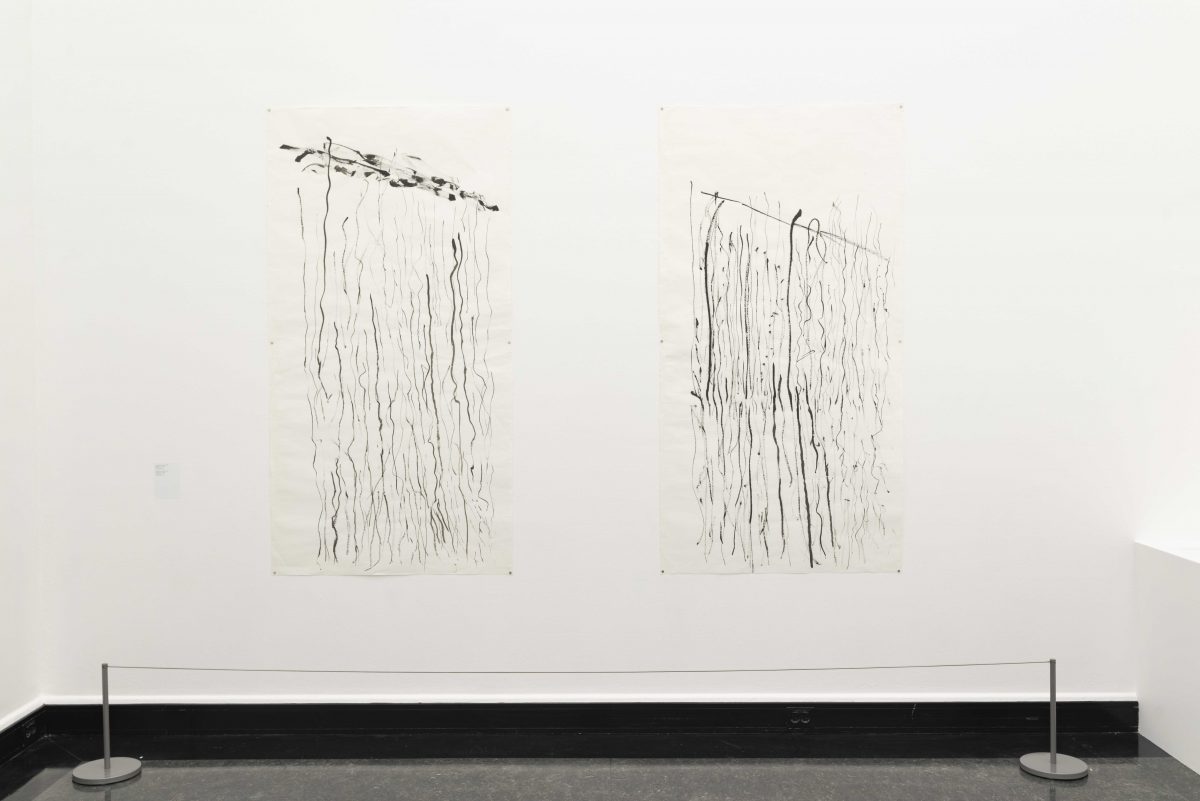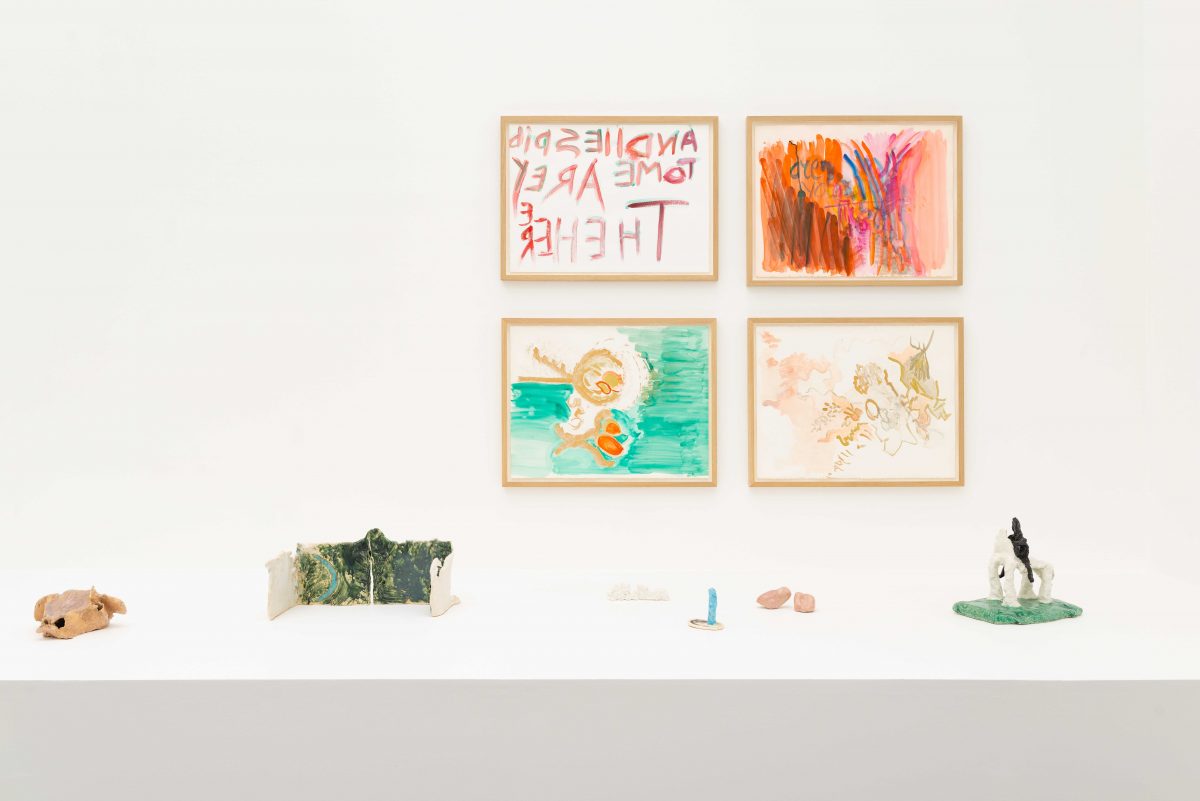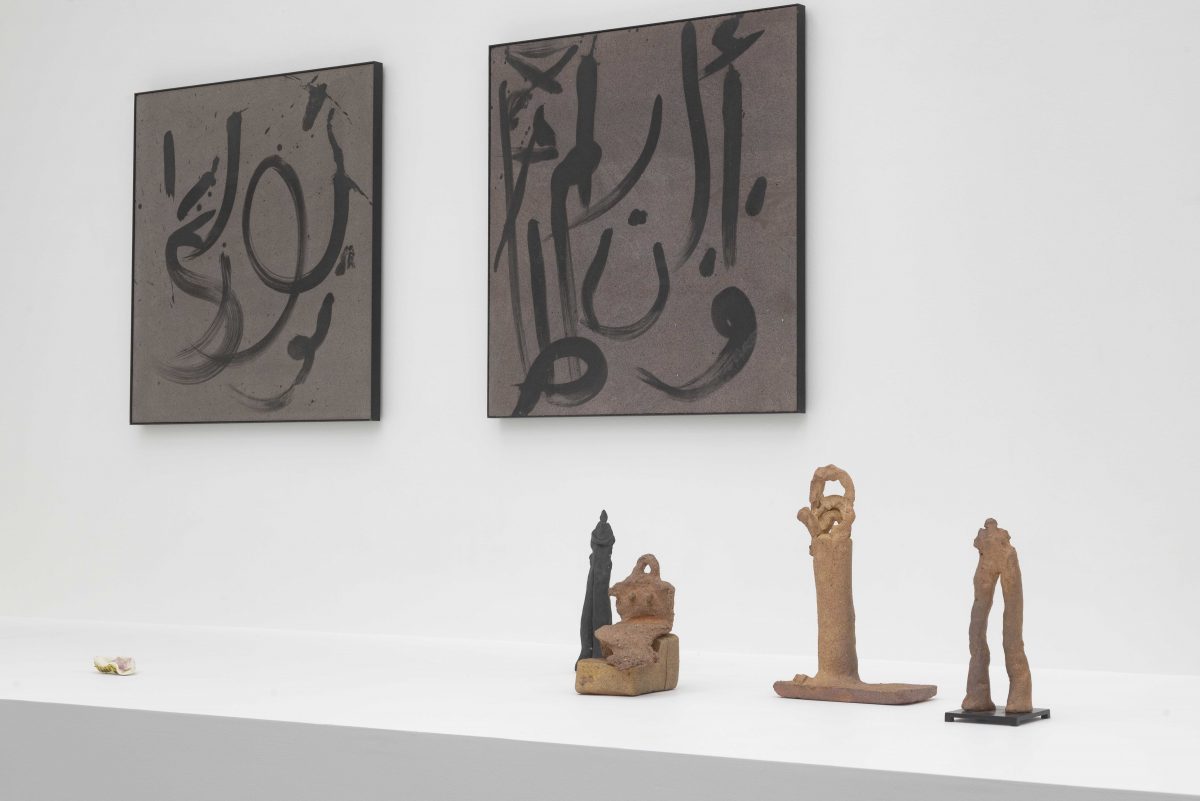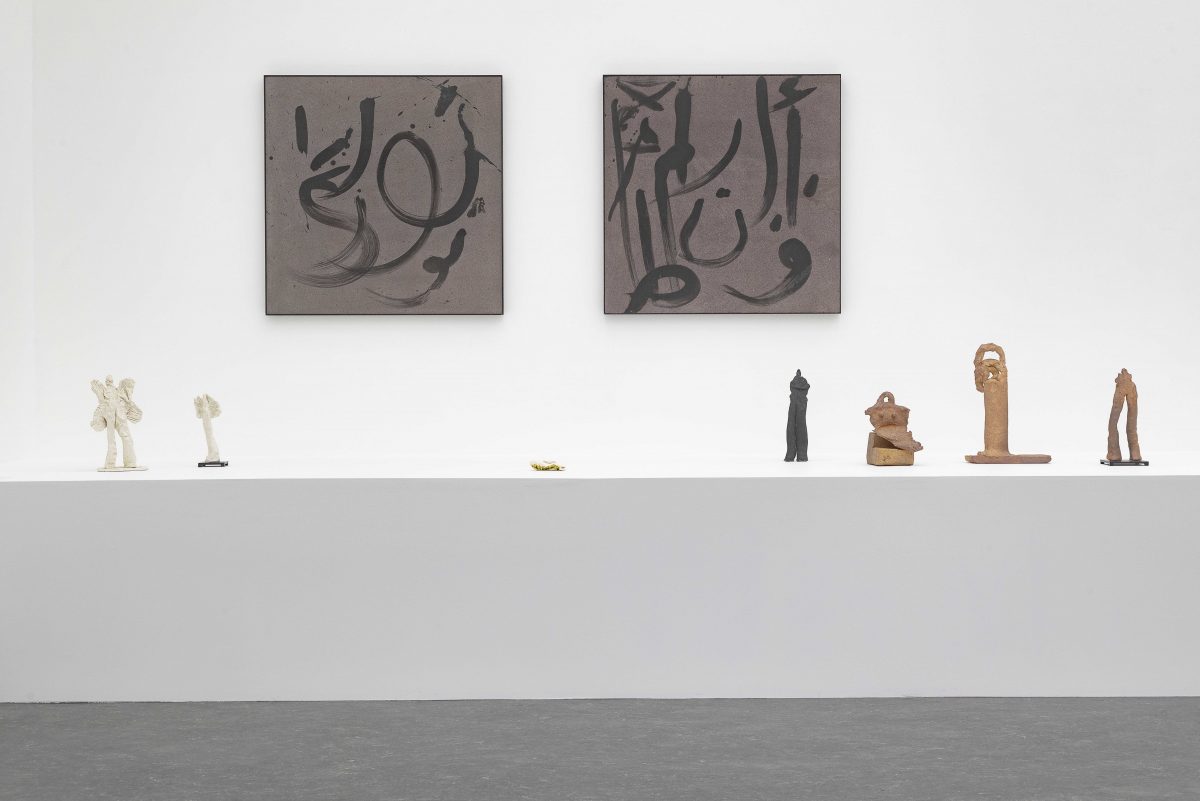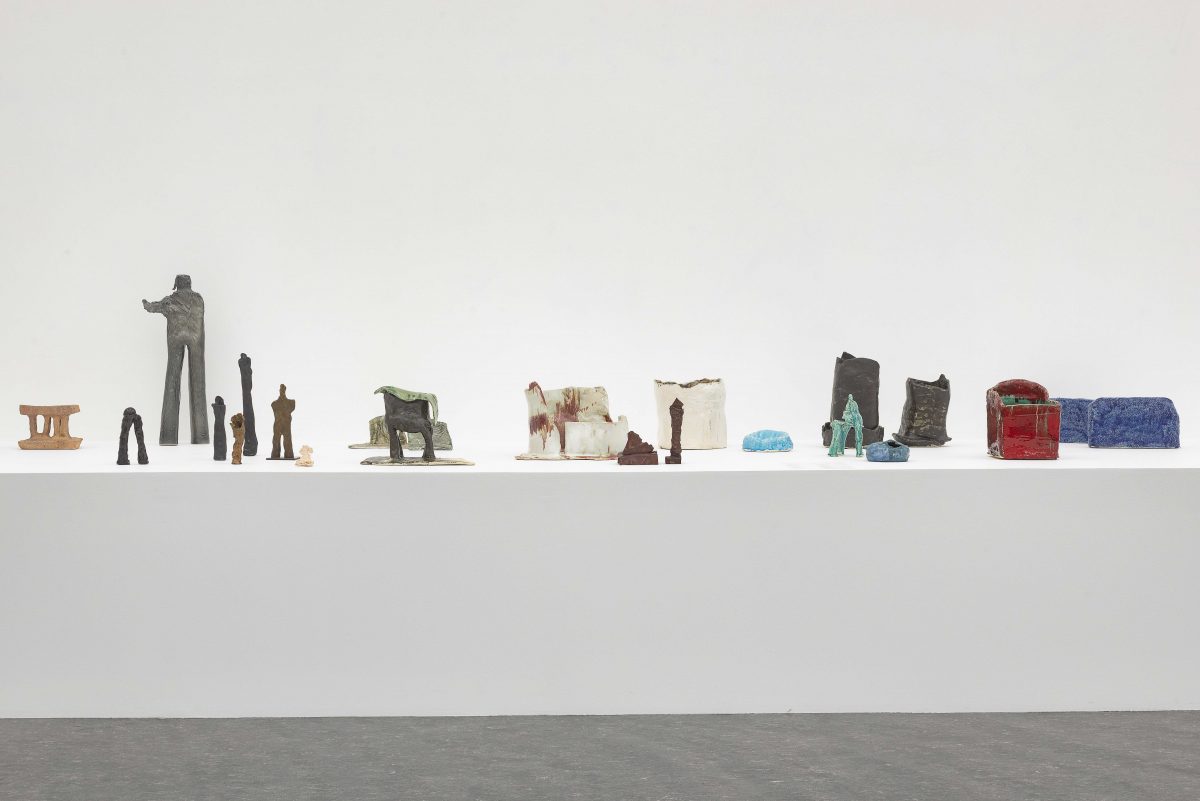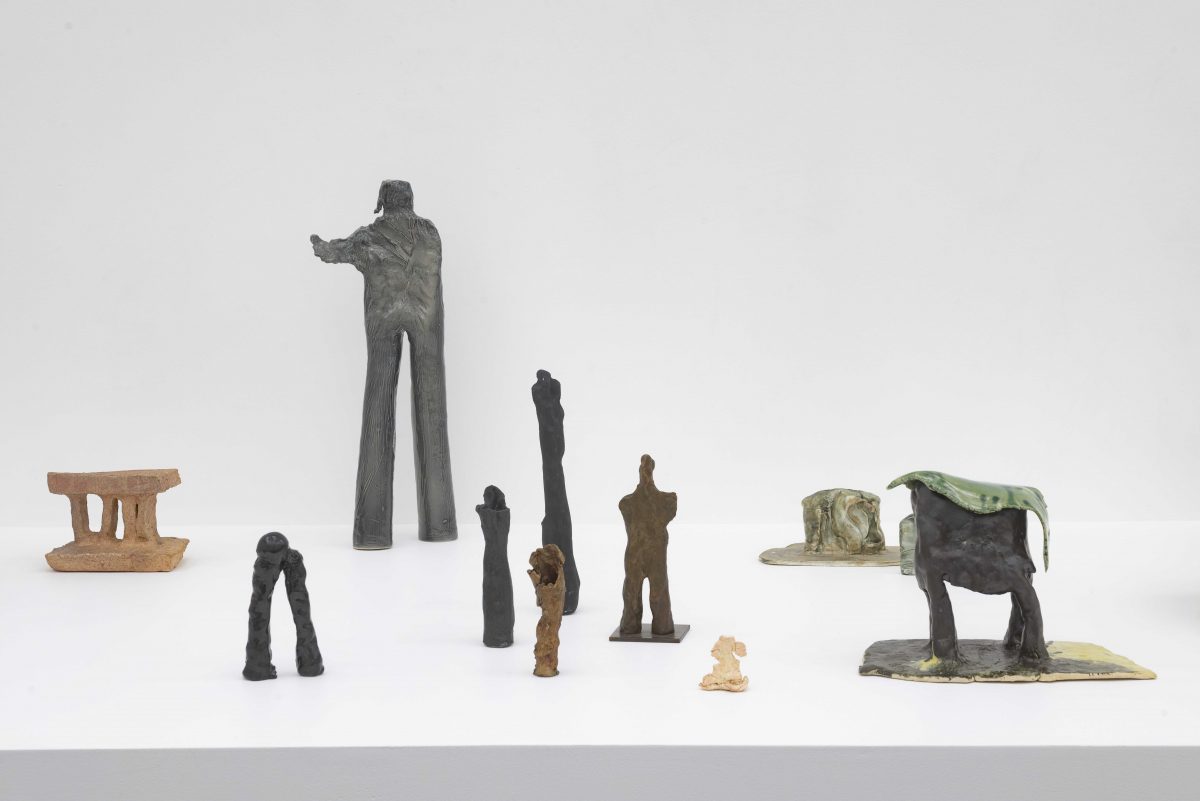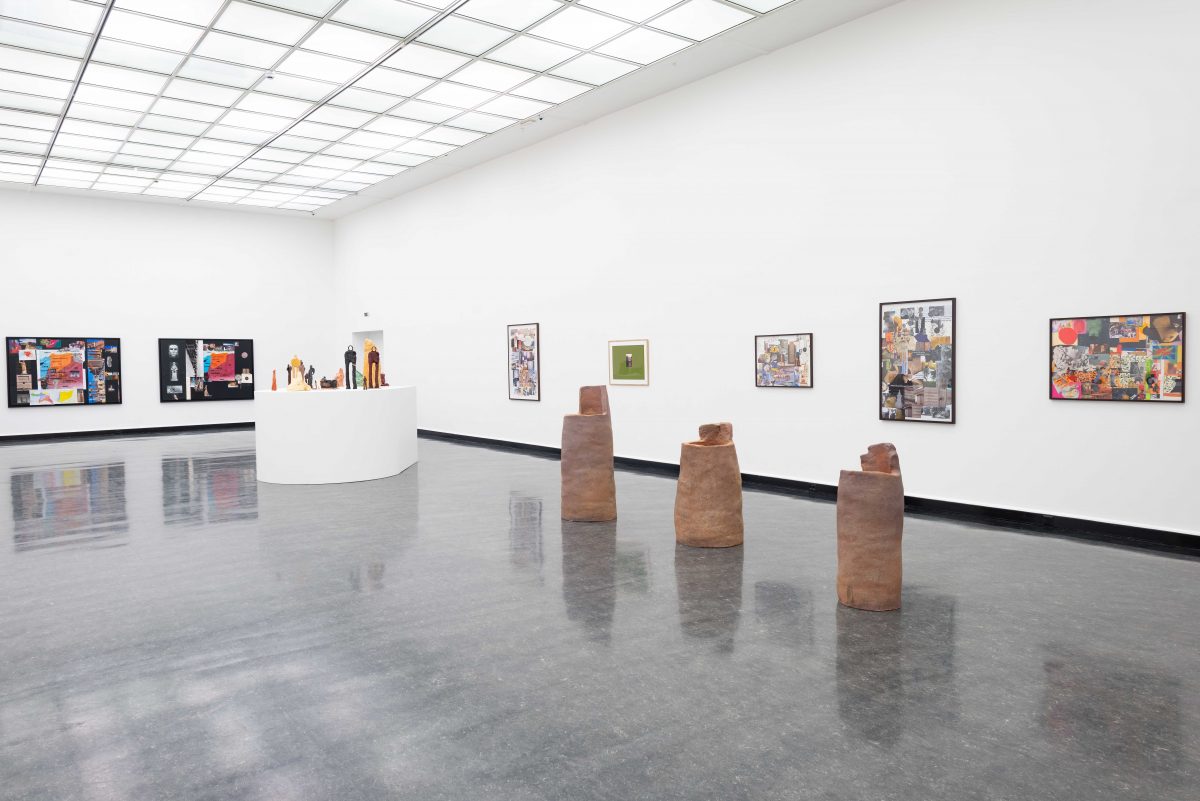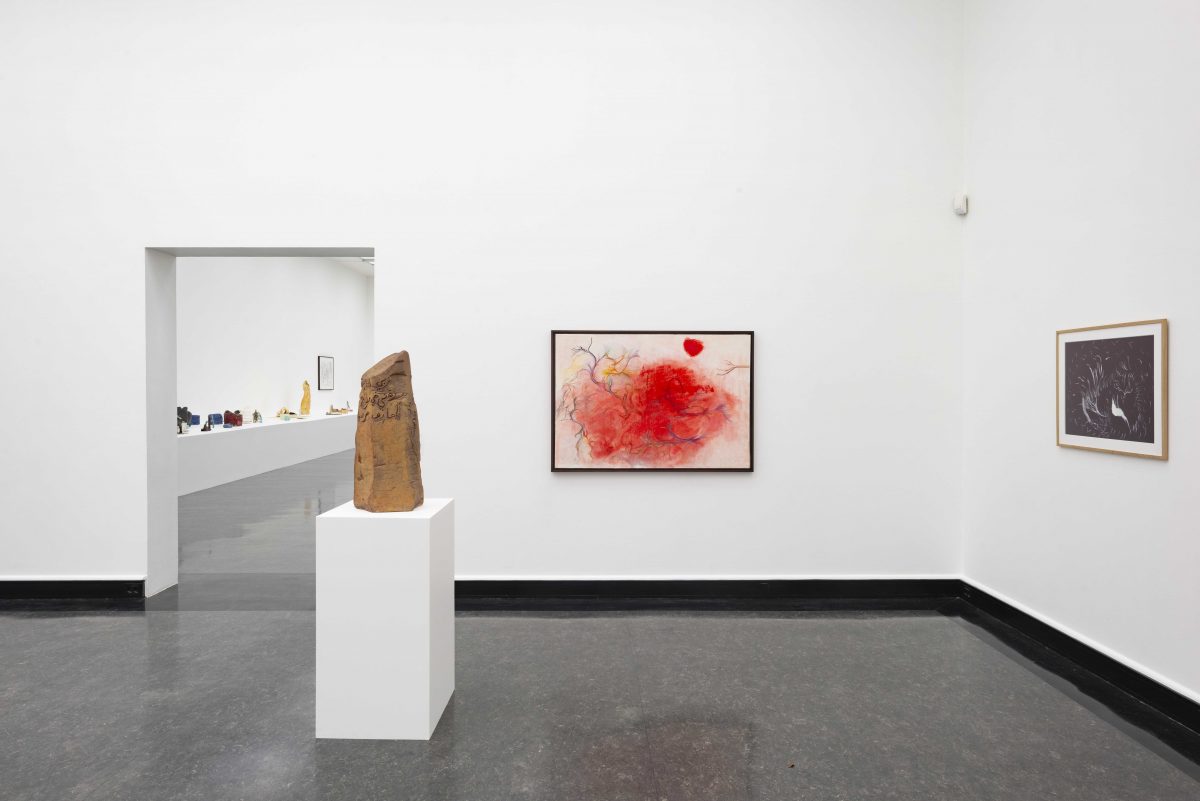
- This event has passed.
Fix Your Gaze On Saturn’s Rings
The exhibition contains works from the 1970s to the present, presented in a characteristic, nonchronological installation where countless narrative threads and layers of meaning arise through the compilation of works in different media, formats and formal characters. Fattal is best known for her work with clay, and her ceramic figures are often glazed in shiny colors or various denominations of sand and brown colors. The many high-ranking figures, in addition to architectural ruins or various containers such as urns and vases, relate to her interest in mythology and archeology, as well as deep human themes related to destruction and restoration after war experiences.
A whole world of memories, ideas and references to history, mythology, poetry and contemporary politics is embodied in Simone Fattal’s works, which have taken shape in interaction with the surroundings and the experiences that have surrounded the artist. Fattal was born in Syria and raised in Lebanon. After studying philosophy in Paris, she established herself as an artist in the 1970s in Beirut. In 1982, she moved to California, where she started the Post-Apollo Press publishing house. The exhibition contains a selection of books from Post-Apollo Press, illustrated by both Fattal herself and her life companion, poet and painter Etel Adnan.
In the late 1980s, Fattal began to work with pottery, creating his very own design language with sketchy figurative sculptures, barely shaped, frozen in a state of being. The works carry clear traces of the process, spontaneously formed between two hands on a workbench. At first glance, the objects may be reminiscent of relics of the past, souvenirs or characteristic collectibles that can be found in people’s homes, where disparate things unite and help to tell a personal story. While most works have small, modest formats, others help to stretch the boundaries of the ceramic medium, with large objects on a physical scale.
Like the sculptures’ permissible motifs, the paintings and watercolors depict mountains, trees and fruit motifs beyond themselves; both to a beautiful, personal memory landscape and to experiences from politics, conflict and destruction. Some of the watercolors are inspired by Fattal’s childhood memories of Damascus: the city which is one of the oldest in the world and formerly surrounded by an oasis of vegetation. This lost paradise is expressed in lush representations of fruits, trees and gardens, as symbols of a non-Western cultural diversity. Similarly, memories and fragments of history seep into Fattal’s many collages, where postcards and clippings from magazines are juxtaposed with drawings, photographs of their own works or pictures of the artist’s own face. Fattal’s work possesses an indeterminate timelessness – both archaic and modern at the same time – that places them on the outside of any time color or definable style epoch. First and foremost, they express a deep humanism and a reflection on man and its place in the world and history.

